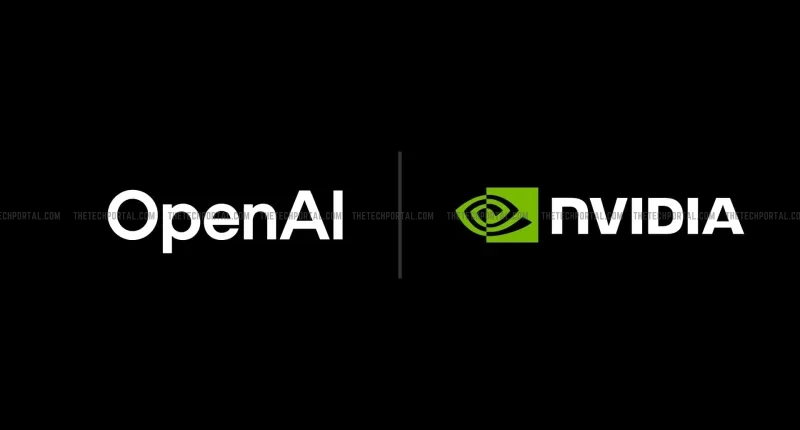Nvidia has announced that it plans to invest up to $100 billion in OpenAI, one of the largest commitments to AI infrastructure ever made. The investment is aimed at expanding the computing power necessary to train and run advanced AI models, including large language models (LLMs) and other sophisticated artificial intelligence (AI) systems. As part of the agreement, Nvidia will deploy at least 10 gigawatts of its high-performance AI hardware to support OpenAI’s growing computational needs. And the first of these systems, based on Nvidia’s upcoming Vera Rubin platform, is expected to come online in the second half of 2026.
The partnership is structured so that Nvidia’s funding will be released gradually as each gigawatt of computing capacity is deployed. This approach allows the ChatGPT maker to scale its infrastructure steadily while keeping the investment aligned with the installation of new systems. Clearly, by providing access to this unprecedented level of computing power, Nvidia is giving OpenAI the resources it needs to develop increasingly complex AI models and accelerate innovation in areas like natural language processing (NLP), image generation, and other advanced AI applications.
“Everything starts with compute. Compute infrastructure will be the basis for the economy of the future, and we will utilize what we’re building with NVIDIA to both create new AI breakthroughs and empower people and businesses with them at scale,” Sam Altman (CEO, OpenAI) said.
At the same time, for Nvidia, the partnership strengthens its position as a key provider of AI computing infrastructure. Actually, by supplying the hardware needed for large-scale AI development, the Jensen Huang-led company is ensuring that it remains central to the AI ecosystem at a time when demand for high-performance AI systems is rapidly growing.
“NVIDIA and OpenAI have pushed each other for a decade, from the first DGX supercomputer to the breakthrough of ChatGPT. This investment and infrastructure partnership mark the next leap forward — deploying 10 gigawatts to power the next era of intelligence,” Jensen Huang (Founder & CEO, NVIDIA) noted.
For now, both Nvidia and OpenAI have formalized their plans through a letter of intent, and the companies said they will work to finalize the details of the agreement in the coming weeks.
The timing of this development is especially notable, as OpenAI and Nvidia are currently facing intense legal and financial pressures. Nvidia is under scrutiny from regulators in China over alleged antitrust violations and restrictions on selling its AI chips in the Chinese market, while OpenAI is dealing with questions about its governance and the allocation of $100 billion in stock to its nonprofit arm. Both companies also face stiff competition in their respective fields, with Nvidia contending against other semiconductor giants like AMD and Intel in the AI hardware space, and OpenAI competing with Perplexity, Anthropic, and tech titans like Google and Meta in advanced AI research and development.
The Tech Portal is published by Blue Box Media Private Limited. Our investors have no influence over our reporting. Read our full Ownership and Funding Disclosure →






